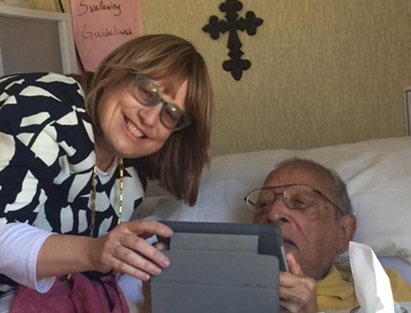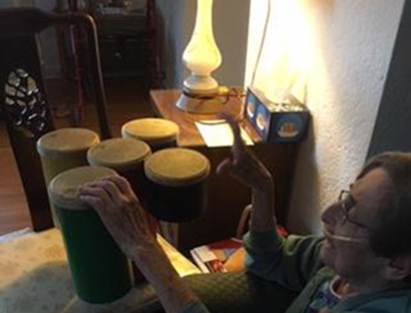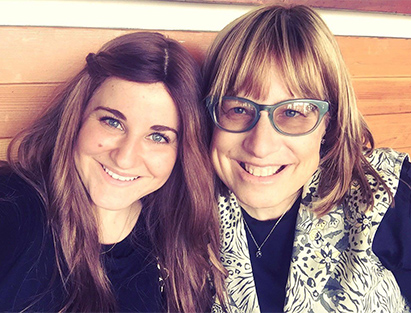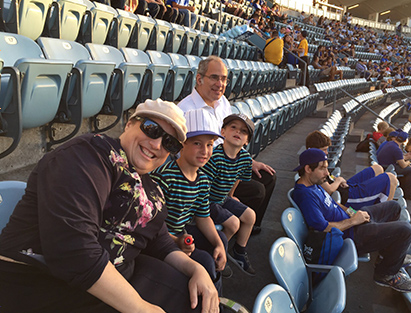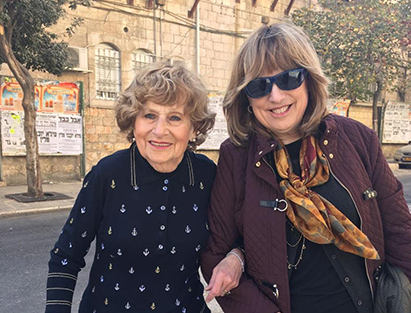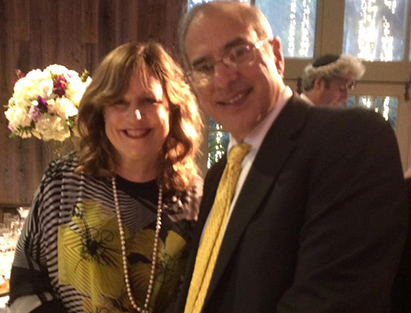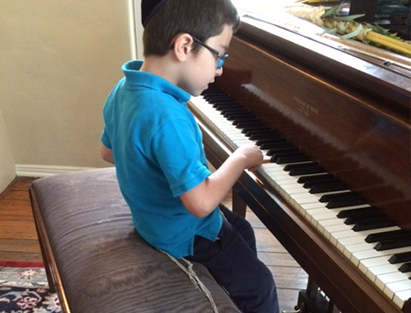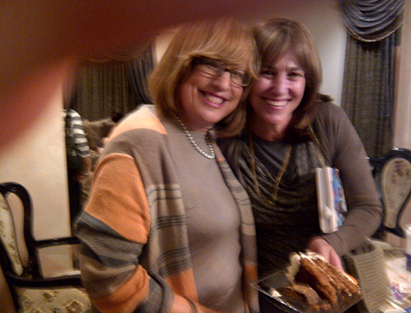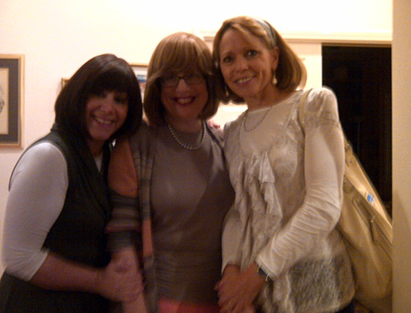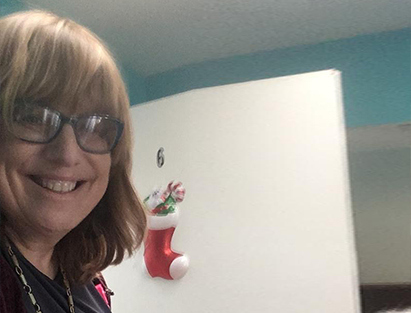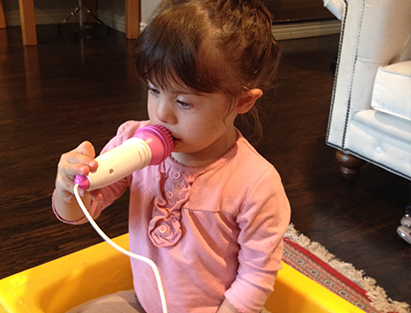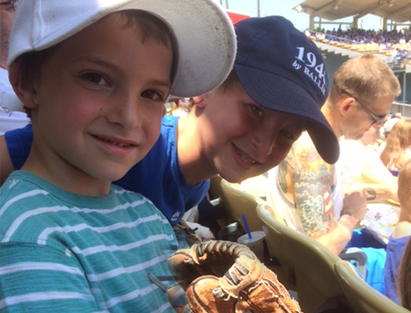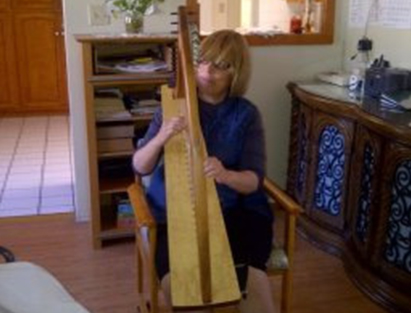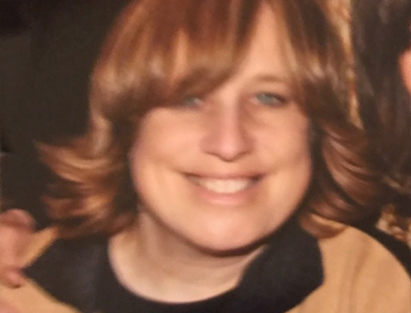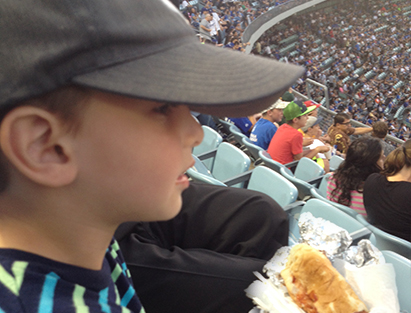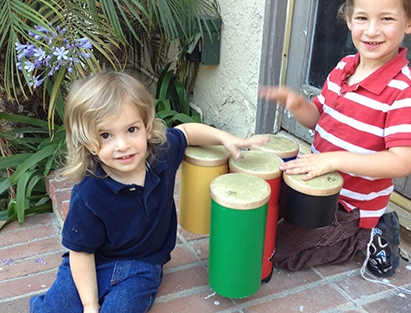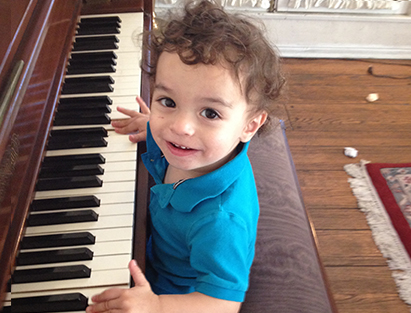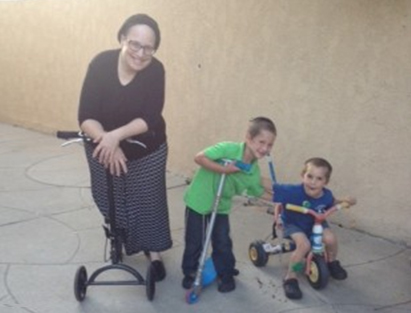Q and A about Music Therapy

I was asked to share about my profession of Music Therapy .
.
And so, without further ado, here are the questions followed by my responses:
Hope you enjoy!
1. To start, could you tell us a little about yourself? What’s your backstory?
I am originally from New York, and moved to Los Angeles about 34 years ago. I always loved music, rhyming, composing lyrics, singing and playing piano. More recently, I studied harp and play that instrument as well for my current clients and patients. I hold a B.A. in music, and a M.A. in Special Education. I’ve worked as a music therapist with children who have developmental disabilities, as well as patients in hospice care.
2. In layman’s terms, what is a music therapist?
A music therapist is a trained professional who uses music for non-music purposes for clients and patients. Music is the tool that helps the therapist reach the patient. The music combined with the personality of the therapist and the therapeutic relationship are what propel the patient forward in growth. A music therapist assesses a patient, plans treatment, and documents results of goals and objectives.
3. What type of disorders do music therapists treat?
Autism, Down syndrome and various developmental disabilities. Elderly patients who have Alzheimer’s disease and dementia. Stroke victims. Speech disorders. Psychiatric disorders such as depression, anxiety and bi-polar disorder. Addiction, and personality disorders. These are just a few – there are others.
4. What led you to want to become a music therapist?
When I was in my mid-20’s, I experienced a life changing experience- the sudden death of my infant daughter–who had a congenital heart defect, and music helped me recover, heal from the pain, and gain a sense of self and structure. I recalled my first piano teacher had been a music therapist who worked with autistic and developmentally disabled children, helping them through music establish relationships.
My admiration for this teacher combined with my personal healing through music compelled me to go back to school for my second bachelor’s degree in music (my first was in Computers), and a credential in Music Therapy. At the time, I had been giving piano lessons to neighboring children, teaching music appreciation. Several years later, I earned my Master’s degree in Special Education for moderate to severe disabilities.
5. What musical instruments do you play? Which ones do you use in your therapy sessions and why?
Piano, keyboard, voice, harp.
I use all in my sessions. Depending on what instrument the patient would respond to, I use that one. My goal is to engage the patient and I choose an instrument that would facilitate that engagement and participation. Sometimes I only use voice..I also use rhythm instruments with certain clients – such as percussion instruments, maracas, cabasas, egg shakers, castanets.
6. What does a typical music therapy session look like in terms of length (time) and activities?
Music is highly structured. A session has a beginning, middle and end. For group sessions, I begin with a hello song or activity. Then I progress with a particular goal and theme for the session. I will build activities around that theme. Every session turns out differently depending upon the clients. I usually conclude with some kind of good-bye activity where we wrap up what we’ve learned. For individual sessions, it’s more client-centered. I may do an improvisational technique where the client and I will mirror each other with a xylophone or other instrument that is easily accessible to a non-musical client. That establishes the relationship with echoing and mirroring. There are so many techniques that can be used. But in a nutshell – every session has to have the structure of beginning middle and end.
7. For our readers who may be interested in music therapy services for either themselves or a loved one: How does one find/choose a music therapist? What tips can you offer to aid in the search?
One may go the website of the American Music Therapy Association, the AMTA – which is the site where one can find all accredited and board certified music therapists in the U.S. – particularly in the state and city where you may live.
The site is http://www.musictherapy.org

